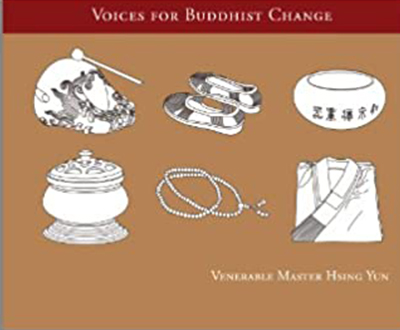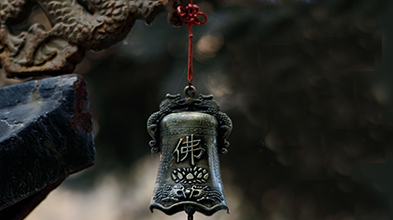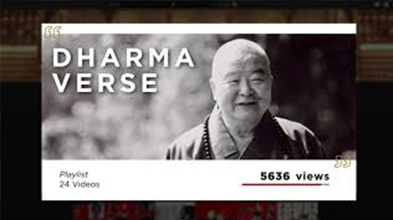Climate and Weather
Climate and Weather
What changes most in the world is probably the weather. It can be unpredictably warm or cold. In the same country, temperatures, sunshine and rain can be completely different in the north and south. Even within the same region, there can be multiple weather changes as well. In Australia, for instance, the city of Melbourne is unique for having four seasons in a single day.
Geographical location is the main factor for different climates. There are warm, mild and polar regions. Regardless of the location and climate, people are living there. Just as Chan Masters say, “Go to cold places when it is cold, and warm places when it is hot.” Hot or cold, there is no place to hide from the climate. We must face it and adapt ourselves because that is the best way to deal with it.
With advances in technology there are now central heating systems in some extremely cold regions, as well as traditional clay or brick beds with a small fire burning underneath to keep us warm. As for warm or hot areas, people try to stay cool under the shade of trees or use swamp coolers to lower temperatures. These days, however, many people install air-conditioning.
Climate changes also vary with the type of terrain: continental, oceanic, desert, mountain and prairie. However, weather changes cannot compare to how fast people change moods. Like the weather, we are changing every hour, minute and second of our lives. We may meet someone who is gentle like a spring breeze. Another may be cold and indifferent like the winds in late fall. Others may have mood swings, unstable emotions and a poor temper. We can describe them as being “cloudy, with sunshine and occasional showers.”
The weather outside affects us physically, as we may feel warm or cold. The weather inside of us influences our emotions, and others have to detect which season we are in from our emotional responses at the moment.
Climate and weather play a major role in shaping a country’s culture. For instance, people living in warm regions tend not to do a lot of physical labor at a fast pace but instead prefer to take it easy, due to the high temperatures. They tend to put on weight and are more listless. Their thoughts are more developed. On the other hand, people living in cold climates find it easier to cultivate the spirit of perseverance and diligence and are better able to endure hardships.
Food rots easily in warm weather and can be kept for longer periods of time when it is cold. In cold places, even animals and plants are more resilient. Old pines and green cypresses all go through the baptism of extreme cold weather. However, “when it gets so hot that people sweat, even the centers of the flowers in the lotus pond are fragrant.” Heat can often temper the essence within. Therefore, be it hot or cold, if we can adapt ourselves well, we are capable.
In our daily life, some people like it to be like spring all year round, neither warm nor cold. Other people may think that a simple life without changes is not challenging enough. In reality, places where seasonal changes are distinct, with warm spring breezes, hot summer days, chilly autumn frosts, and cold winter snow, are like the characters of people. Some people are warm like spring, passionate like summer, solemn and cool like autumn, and wooden and cold like winter.
What is the most likeable weather? What personality should a person have in order to be most acceptable to everyone? Are we getting some clues from weather changes?
What's New?
DECEMBER

Humble Table, Wise Fare
INSPIRATION
Recorded by Leann Moore
Being humble before people,
the road is open wherever you go;
being arrogant before people,
it is difficult to move even one step.

Dharma Instruments
Venerable Master Hsing Yun grants voices to the objects of daily monastic life to tell their stories in this collection of first-person narratives.

Sutras Chanting
The Medicine Buddha SutraMedicine Buddha, the Buddha of healing in Chinese Buddhism, is believed to cure all suffering (both physical and mental) of sentient beings. The Medicine Buddha Sutra is commonly chanted and recited in Buddhist monasteries, and the Medicine Buddha’s twelve great vows are widely praised.

Newsletter
What is happening at Hsingyun.org this month? Send us your email, and we will make sure you never miss a thing!





